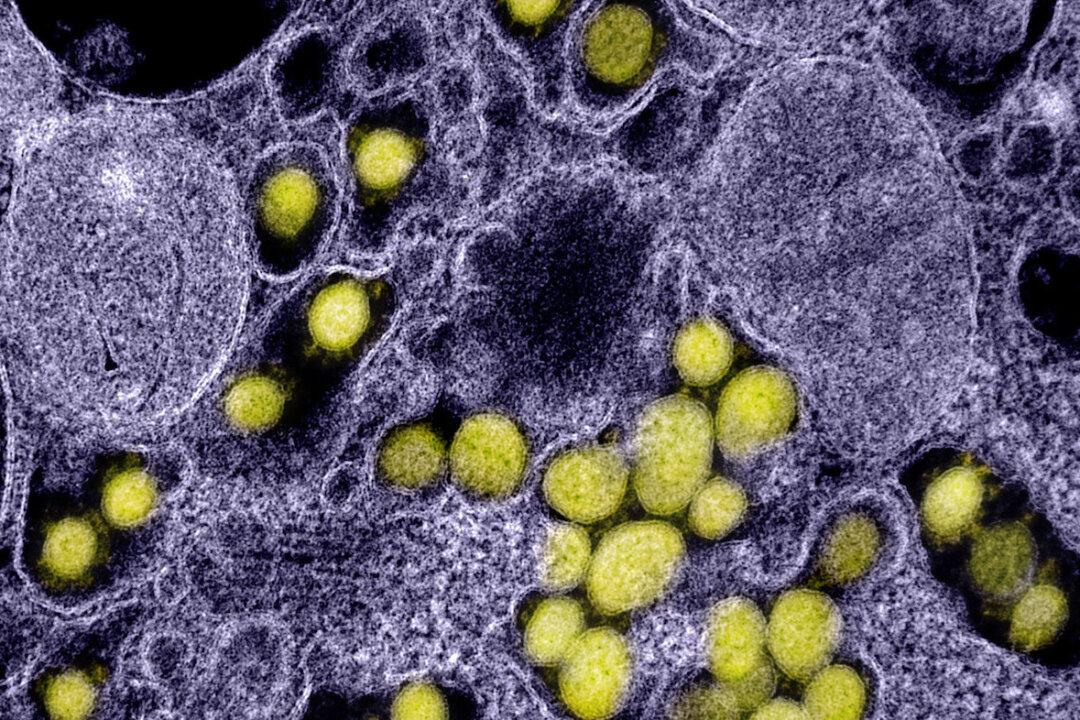Colorado on Tuesday reported its first two cases of the Brazilian variant of the CCP virus.
The Colorado Department of Public Health and Environment said in a release it was notified by the Centers for Disease Control and Prevention (CDC) of two new cases in the state of the CCP (Chinese Communist Party) virus P.1 variant, also known as the Brazilian variant.




